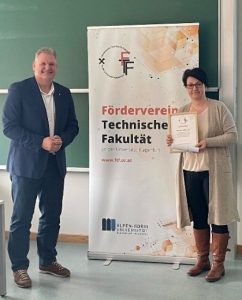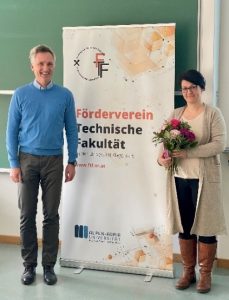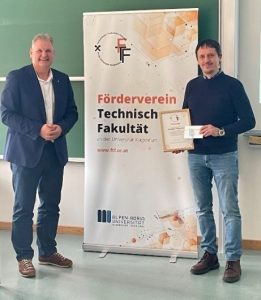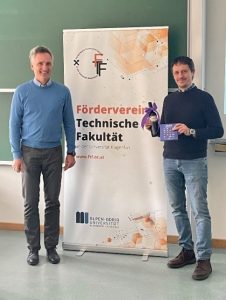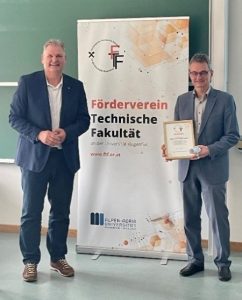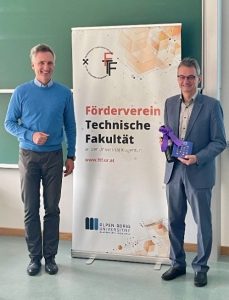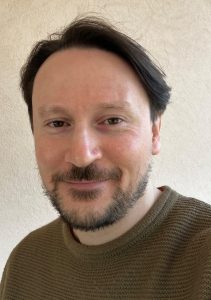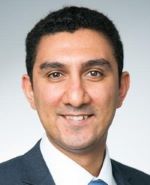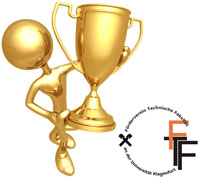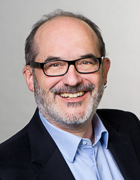Thursday, April 25, 2024 | 03:30 pm (CET) | Room: S.2.69 | Alpen-Adria Universität Klagenfurt
Alexandru Iosup | University Research Chair and Full Professor at the Vrije University of Amsterdam
Abstract: Our society has turned digital: From science to business, from online shopping to online gaming, from education to government, digital applications depend every moment on Information and Communication Technology (ICT) infrastructure. To pilot this infrastructure and navigate through it, we need detailed information and decision-making support, provided on-time, cheaply, and reliably. (We briefly argue non-data-driven approaches are currently unable to cope with real conditions.) In this talk, we argue that Operational Data Analytics (ODA) can provide these capabilities, with advances not only in monitoring and observability, but also in data sourcing and ontology mapping, data cleaning and filtering, data characterization and modeling, and process management. Furthermore, we argue a digital twin, capable of simulating both the current conditions and making long-term predictions, should be integrated with the ODA system – providing an advanced form of A – to help with resource management and scheduling, pipeline optimization, energy awareness, general system tuning, capacity planning, etc. We present a reference architecture for ODA, a partial analysis of the state of the art, and experience with data collection and its use in the digital twinning of datacenters. This work aligns with and benefits from collaboration with the SPEC RG Cloud Group and, among others, the EU Graph-Massivizer project, and the OffSense and 6G Future Network Services projects in the Netherlands.
Bio: Dr.ir. Alexandru Iosup is a full professor at Vrije Universiteit Amsterdam (VU), and the chair of the VU research group Massivizing Computer Systems and the VU Computer Science Honours Programme. He is also co-chair of the national IPN SIG on Future Computer Systems and Networking and elected chair of the international SPEC-RG Cloud Group. His fascination for massivizing distributed systems and ecosystems across the digital computing continuum, with applications in cloud computing, big data and graphs, scientific and business-critical computing, and the metaverse, has received prestigious recognition, including membership in the (Young) Royal Academy of Arts and Sciences of the Netherlands, the Netherlands ICT Researcher of the Year award, and a Ph.D. from TU  Delft. These accompany over 200 publications, and numerous open science FAIR artifacts such as software and datasets and archives, with high scientific and technical impact. Further, dr. Iosup’s leadership and innovation in education led to various awards, including the prestigious Netherlands Higher Education Teacher of the Year. He has also received a knighthood for cultural and scientific merits. Contact Alexandru at A.Iosup@vu.nl or visit http://atlarge.science/aiosup
Delft. These accompany over 200 publications, and numerous open science FAIR artifacts such as software and datasets and archives, with high scientific and technical impact. Further, dr. Iosup’s leadership and innovation in education led to various awards, including the prestigious Netherlands Higher Education Teacher of the Year. He has also received a knighthood for cultural and scientific merits. Contact Alexandru at A.Iosup@vu.nl or visit http://atlarge.science/aiosup


